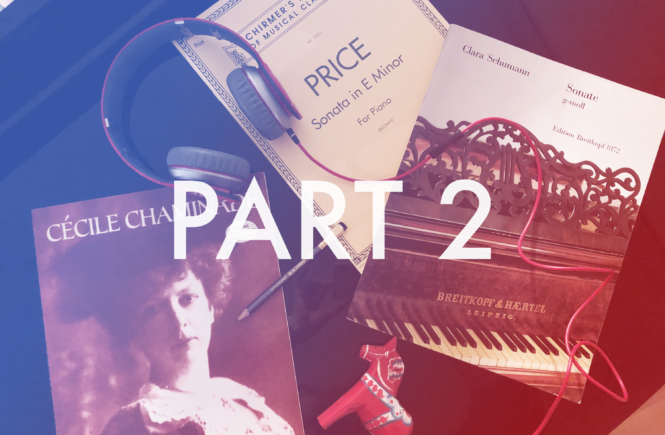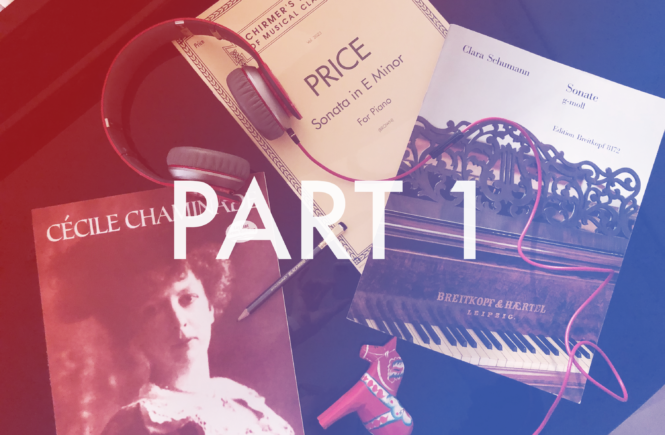gifs
-
Adventures in Fear and Discovery: Learning Music Outside the Canon, Part 2

Before we get into it, I’m going to be totally honest with you guys: I was floored by the reaction to my last post. The subject was so niche and I thought the issues were so dense and complex that I figured maybe three people would skim it, and I would have been thrilled—thrilled!—if one person… Continue reading
-
Adventures in Fear and Discovery: Learning Music Outside the Canon, Part 1

It’s been a hot minute since the last time I wrote here—between then and now there have been thousands of miles of air travel, a lot of faffing about on Instagram Stories, even more unprofessional faffing about on Twitter, a whole new language learned(-ish), many performances with and without other people, a move to a… Continue reading